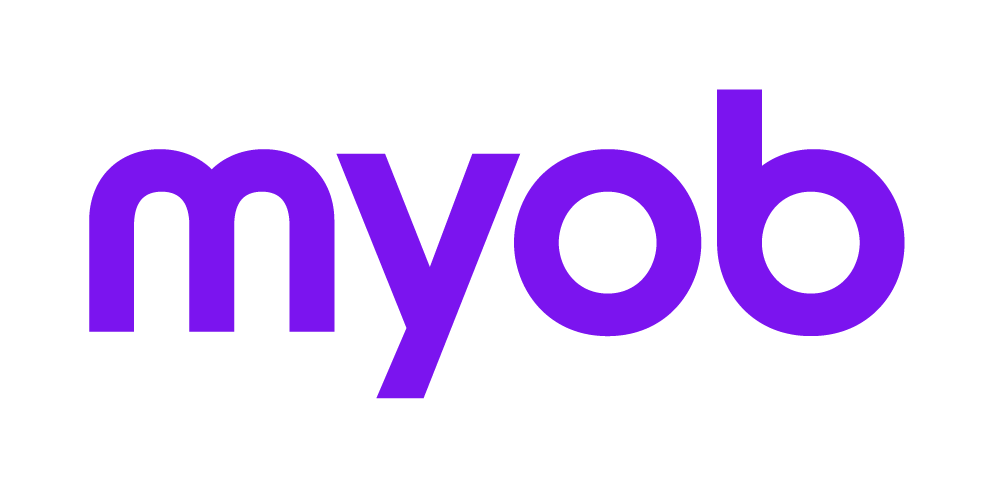Error: "Machine name not unique"
This support note applies to:
- AO Tax (AU)
- AE System Release (NZ)
- AE System Release (AU)
- AE MAS (NZ)
- AE MAS (AU)
- AE Assets (AU)
- AE Assets (NZ)
- AE Tax Series 6 & 8 (AU)
- AE Tax (AU)
Article ID: 27473
When opening System Release or System Services applications such as Tax or MAS, you may experience the error "Machine Name not Unique".
- all users log onto the same Terminal Server
- another workstation has the same machine name
- files have remained open on the file server
- the s60 files are corrupt.
To resolve this error you will need to know what type of network environment you are using.
